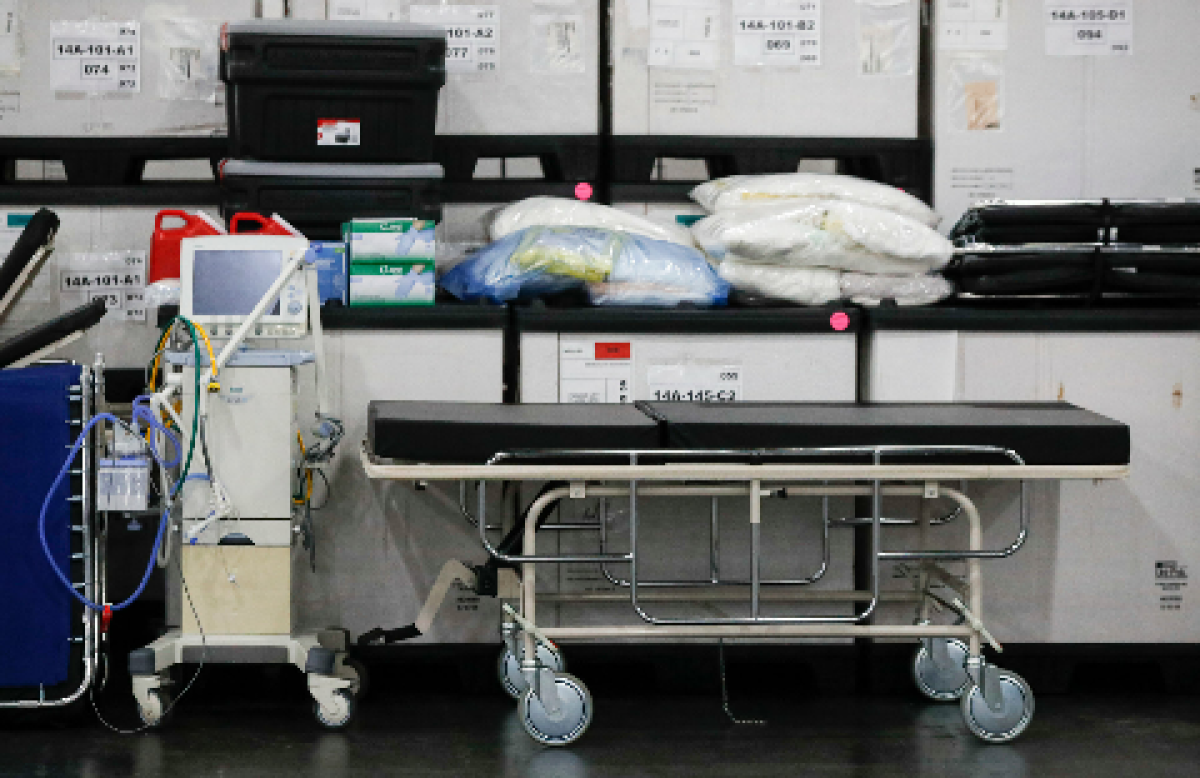“On a recent visit to Libya, I met a family living in an improvised shelter in a displaced persons camp east of Tripoli. One of the tens of thousands Libyan families uprooted by war, the family of seven was living in a room barely 20 paces long and half as wide. A clothesline, a pile of mattresses, a hot plate and the stench of body odor filled the room. Outside, they faced a shortage of potable water and abusive taunts from locals,” the New York Times stated yesterday.
According to the statement, the New York Times stressed that the spread of the novel coronavirus will have a devastating effect on the Middle East’s communities of refugees and migrants. The pandemic may also bring into focus the legitimacy and governance deficit of increasingly troubled Middle Eastern regimes.
Libya’s medical infrastructure was already pretty weak. In the nine years since Qaddafi’s fall, it has been gutted by corruption, neglect and several rounds of civil war.
The fighting that followed saw scores of attacks on health facilities and emergency personnel by Hifter’s forces. The violence in Libya has worsened since the outbreak of the pandemic as the warring sides and their foreign backers exploit diplomats’ distraction.
The opposing political authorities in this divided land have taken some modest steps, like a curfew and a ban on large gatherings. But the response has been hampered by mounting economic woes caused by low oil prices, Mr. Hifter’s blockade of oil ports and the desire by elites on both sides to keep paying their fighters.




